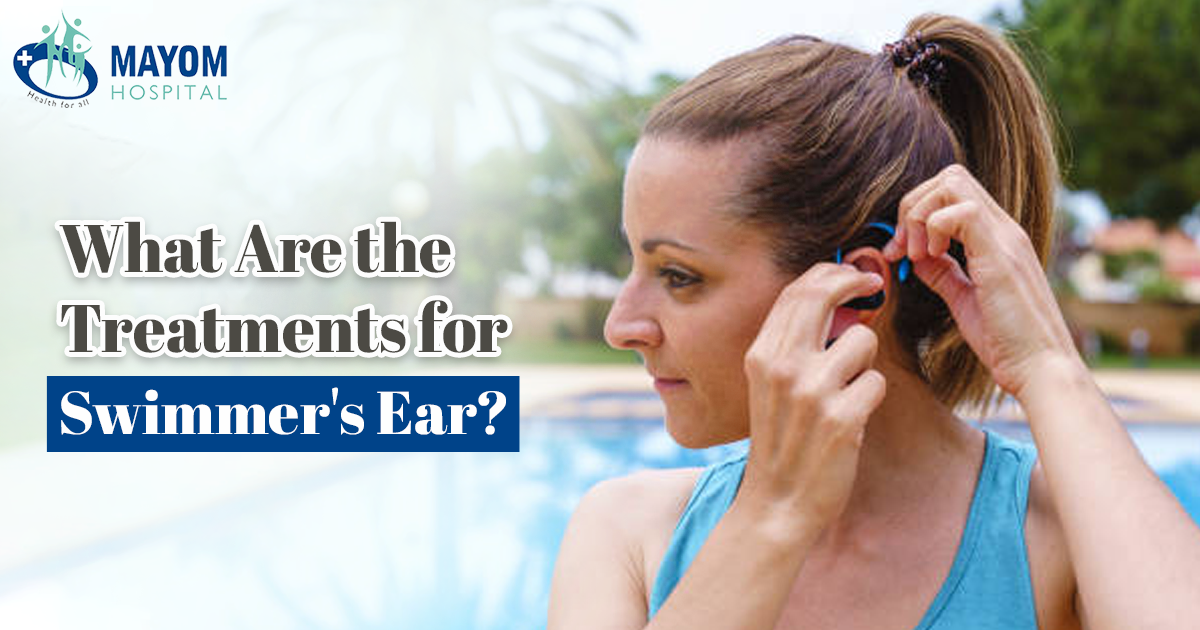What Are the Treatments for Swimmer's Ear?

Swimmer’s ear is common in people who spend a lot of time in the water. Too much moisture for too long a time breaks down the skin, leaving it vulnerable to bacteria or fungi. Germs settle in and multiply in a moist environment. Consequently, they get the swimmer’s ear.
The ear has its precautionary system like Wax that is produced by the glands present in the ear canal. Ear wax creates a layer in the ear canal to protect it from water infection. The wax has acid and antibacterial properties and does not allow bacteria to grow in the ear. But when you spend more time in the water then this layer could not properly, and cause the swimmer's ear to due to water getting into the ear. Swimmer's ear occurs when there is too much moisture in the ear, for example, sweating in the ears, getting wet in the rain, etc.
If you are suffering from a swimmer's ear, you may see the following symptoms. like-
- Earache
- Pain when touching or pulling the ear
- Ear pain while eating
- Itching in the ear canal
- Inflammation of the ear canal.
- Feeling of block ears.
- Redness of the outer part of the ear.
- Pus in the ear canal.
- Deafness (this can range from mild to severe)
- Mild pain or discomfort
- A persistent feeling of pressure inside the ear
- Ear drainage like pus
Precautions:-
You can reduce the problem of swimmers' ears in these ways.
- If you are swimming, swim with caution.
- Protect the ear from rainwater getting into the ear.
- Keep ears as dry as possible.
- Dry ears thoroughly after swimming or showering. ...
- Check with your healthcare provider about using ear-drying drops after swimming. ...
- Don't put objects in the ear canal (including cotton-tip swabs, pencils, paperclips, or keys).
- Don't try to remove ear wax.
Treatment:-
If your symptoms become severe enough or do not improve, see a doctor. If your ear infection is bacterial, chronic, or not improving, they may prescribe antibiotics. But only antibiotics do not help treat viral infections. More severe infections might require lab tests to determine the origin. If you are not getting relief from ear infections with medicines and other home remedies, or if you have frequent ear infections or acute ear infections, then Surgery can be an option for you. During this procedure, a doctor makes a small hole in your eardrum to allow fluid to drain out and relieve pain. The incision heals in a few days.
For more information related to ears and hearing, get in touch with The Best ENT Specialist in Gurgaon. Call or visit us to schedule an appointment.
